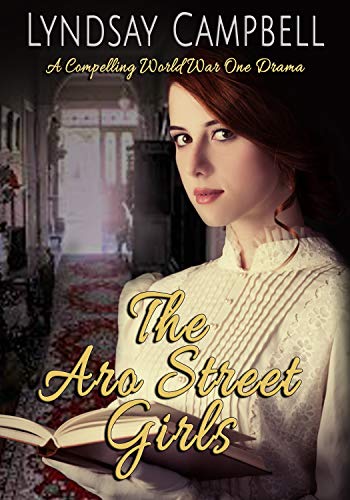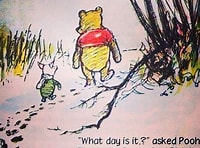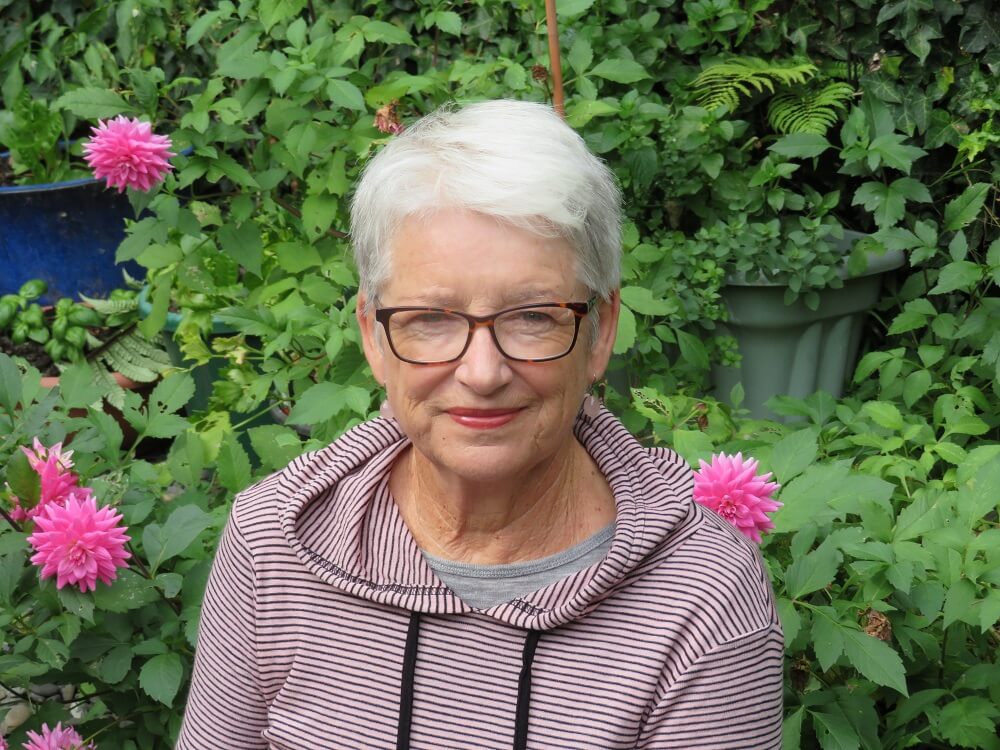Welcome to the first edition of my newsletter.
From the Tao of Pooh by Benjamin Hoff
What day is it? asked Pooh.
It’s today,” squeaked Piglet
“My favourite day,” said Pooh.
In my humble opinion, Pooh is a very wise bear.
My newsletter is designed to keep you up to date with my writing projects and will touch on books in general and what goes on behind the scenes of my writing day. My main objective however, is to enjoy composing something worth opening and reading.
Writers are readers, and readers fuel the whole publishing industry. Without readers we writers would indeed be lost. I always have a book on the go, sometimes in print and sometimes the e-version. I recently tried audio – a new delight that I hope to enjoy more. Having a story read to me is one of my favourite childhood memories and I don’t mind regressing one little bit. I intend to include opinions and raves about the books I am reading as well as films and series.
I have a particular interest in historical novels, as while the characters and even the places may be fictional, the times and societies they describe are based on reality. Historical novels invite us learn about the past, using the powerful vehicle of story. As a writer of historical novels based (so far) in New Zealand, I thoroughly enjoy recreating a world which once existed, or one quite like it. My characters are fictional, but the issues they deal with, and the social environments they live in, are as real as I can make them.
Exciting news : I have finally set up my website. Check it out on //https:lyndsaycampbell.com
Revisiting the 1918 Influenza Pandemic
The subject of my first book, The Aro Street Girls, (pub 2018), marked a century since the world’s first devastating influenza pandemic, and seems strangely prescient. With Covid 19 still raging around the globe, in August, that very clever virus managed to stealth its way through New Zealand’s quarantine defences. Perhaps it was inevitable. The virulence of the disease and the way it can mutate into different versions of itself, is scary.

Worldwide, according to Wikipedia, 500 million people contracted influenza during the 1918-19 pandemic and 50 million of them, or ten percent, died. The planet’s human population was only 1.8 billion then, and New Zealand was home to a little over one million citizens. Almost 9000 New Zealanders died… half the total killed during WW1, and the Maori population was hit disproportionally hard with 2,500 deaths.
Many of the victims were young and medical knowledge had nothing to fight against it. A vaccine against influenza was not developed until 1945, and anti-biotics, which might have helped against secondary infection, did not come along until 1928.
That influenza devastated my grandmother’s family, as two of the victims were her sisters, my great aunts. The virus was highly contagious and if you got it, and the lethal bacterial pneumonia that usually followed, your chances of living to tell the tale weren’t terrific. The disease was brutal, but from what I can find out, after several waves, the virus had more-or-less petered out by June 1920.
My grandmother nursed one of her sisters who contracted the disease. She, an otherwise healthy young woman, died at age 25, along with another married sister and her husband, leaving two little girls. But my grandmother did not get ill. Why? We can only assume that she had built up immunity. Luckily for us.
One treatment back then consisted of drinking a borax solution, which is toxic to humans. Inhaling zinc sulphate was also supposed to help and public inhalation stations were set up. Many public facilities, including schools were closed. The common use of masks, (although some poked holes in them to smoke), practising careful hygiene and socially distancing was probably more successful than any of the so-called medical treatments.
The virus, commonly called, ‘The Spanish flu,’ was apparently first noted in March 1918 among U.S. military personal in the Kansas, before spreading to Europe and the U. K., then to the Pacific with returning soldiers. Today, with our much larger and denser population, and ability to jet around the globe, the virus has been faster to spreads.
Vaccination has a long and fascinating history. As far back as 16th century China, evidence of attempts to create a small-pox vaccine were discovered. In 1796 Edward Jenner, an English physician, developed the first effective vaccine against smallpox by using serum from cows which get a milder form of the disease. Louis Pasteur created a vaccine against rabies in 1885 and since then, vaccinations have been developed against a raft of diseases; whooping cough, tetanus, diphtheria, measles and rubella.
https://nzhistory.govt.nz/culture/influenza-pandemic-1918
I am nearing the completion of my second novel, Precious Little Lives, which I hope will be released before Christmas in e-book form. I intend to have a printed version available too.
When the worst, the most disastrous thing possible happens, is Francie’s life in 1940s New Zealand ruined, and if so, who is to blame?
Book Recommendation:
The Bell Jar, by American writer Sylvia Plath. Published in 1963. Born in 1932, Plath died soon after the publication of her only book, which is said to semi-autobiographical. The main character is Esther Greenwood, a college student who goes to New York for a month as an intern on a ladies’ magazine. She wants to become a poet but struggles with the societal expectations of that time, and becomes suicidal. The writing is crisp with stunning descriptions, taking the reader into Esther’s world. As her mental state deteriorates, her perspective seems scarily logical.
Good to Watch:
The combination of winter and lockdown has resulted in us watching too much tele. Here are some of my favourites.
Television series:
Why Women Kill. A two part series set in the 1960s. Brilliant. Available on TVNZ on Demand.
Film:
The Sheralee: A 1957 Australian film in two parts. Jim Macauley (Bryan Brown) is an itinerant outback worker who finds himself with the responsibility of raising his very smart ten year old daughter, Buster (Dana Wilson)… a cracker of a kid. Macauley has to reconsider his free-wheeling ways. Loved it.
The Good Liar: Helen Mirren is in true form as Betty Gleib, a widow looking for love. She
meets an older man online, played by Ian McLelland. There is a lot more going on here than first appears and the story takes us back in time.
Our latest screen addiction is Rebellion, about the Irish uprising in 1916. Wonderfully scripted, great characters and an education.


